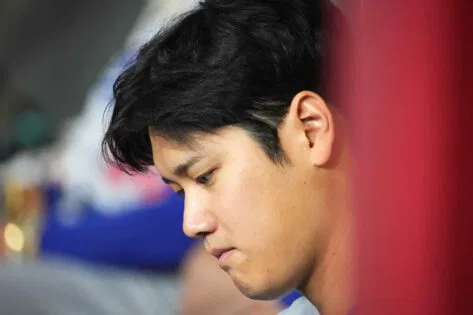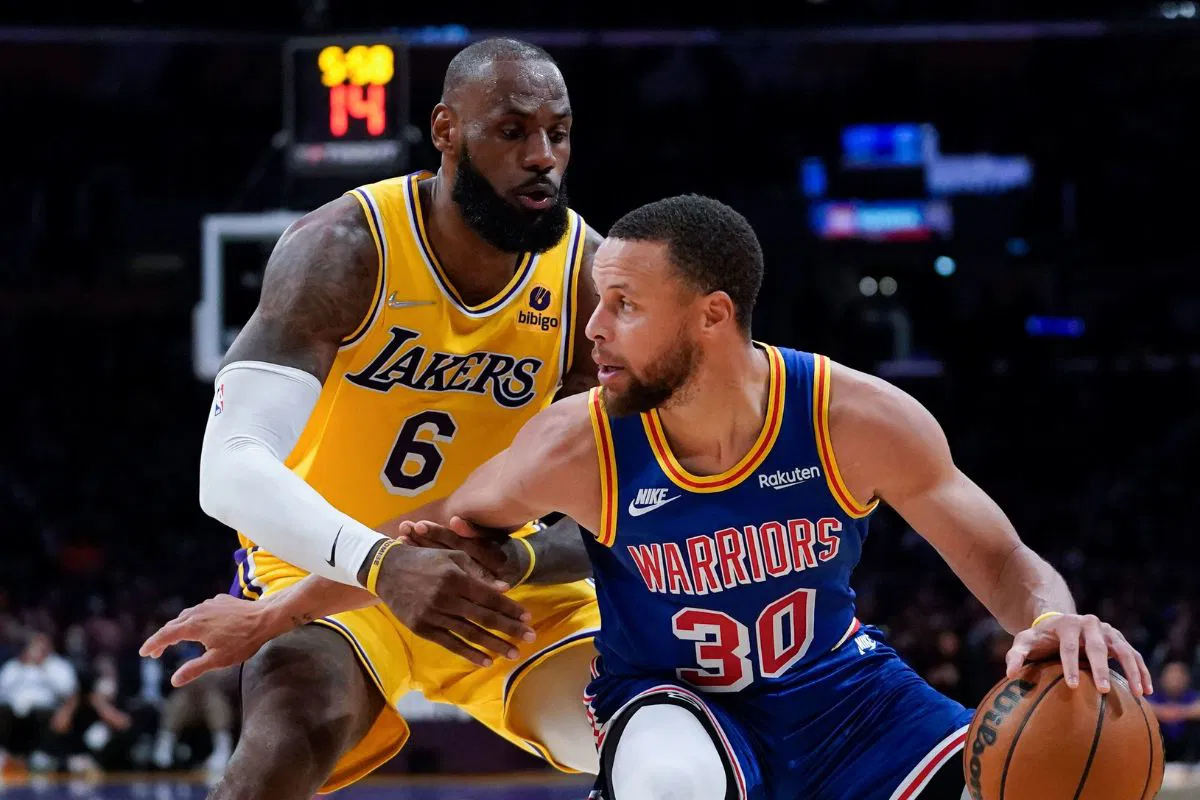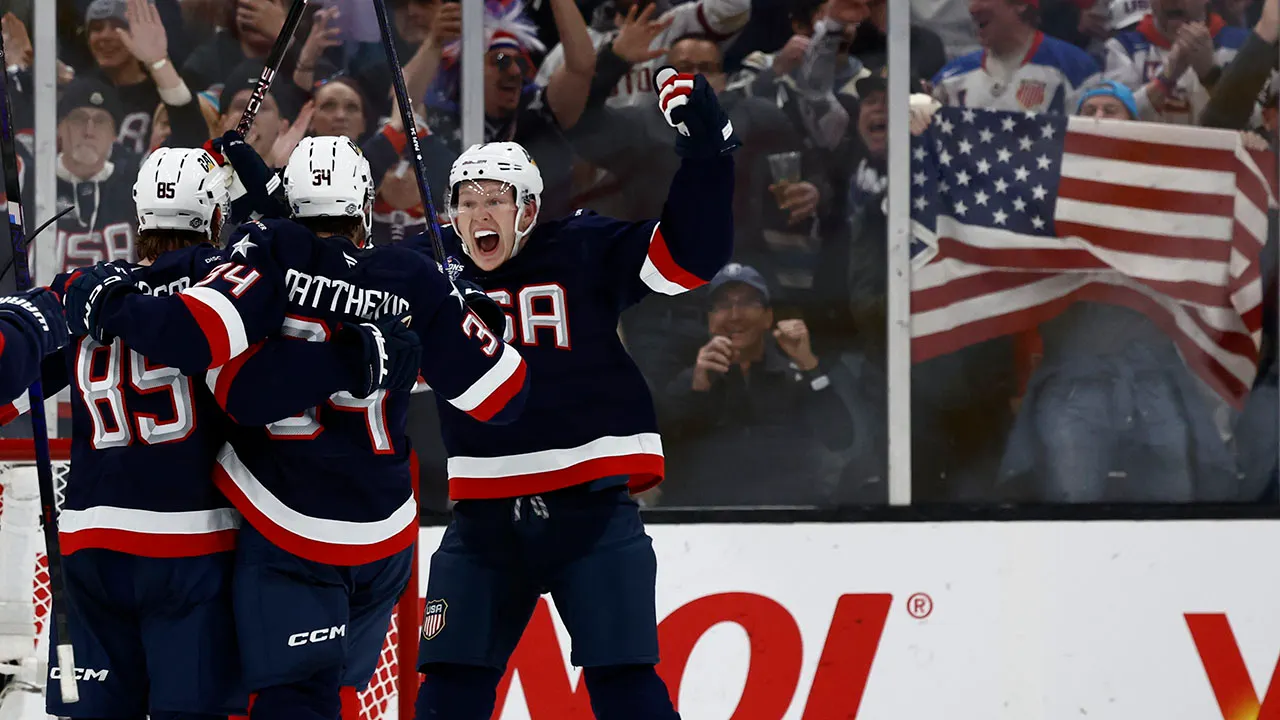Copyright Essentially Sports

Some stories swing for the fences, others build fences worth $240 million. Since August, baseball’s most marketable man, Shohei Ohtani, has found his name stitched not on jerseys, but on legal filings. The Dodgers’ two-way superstar, usually in headlines for moonshot homers and strikeouts, now finds himself orbiting a luxury real estate saga that’s turning into one of the sport’s most unexpected offseason curveballs. Lawsuit Filing by Kevin J. Hayes Sr. and Tomoko Matsumoto In August, two Hawaii-based developers, Kevin Hayes and Tomoko Matsumoto, filed a lawsuit against Dodgers superstar Shohei Ohtani and his agent, Nez Balelo. The case, filed in Hawaii, centers on allegations of “tortious interference” tied to a $240 million real estate project at the Mauna Kea resort. According to court filings, the plaintiffs claimed Balelo leveraged Ohtani’s celebrity status to pressure their removal from the project. ADVERTISEMENT Article continues below this ad The lawsuit alleged that Balelo “inserted himself into every aspect of the relationship,” demanding concessions and threatening litigation. Hayes and Matsumoto said Kingsbarn Realty Capital, their business partner, confirmed the firings were “done solely to placate him.” They accused the defendants of using “celebrity leverage to destabilize and dismantle” their roles, describing the situation as an “abuse of power.” Ohtani’s lawyers denied the claims, arguing his name, image, and likeness were used without authorization for a “side project.” They called the lawsuit a “frivolous attempt” to distract from the plaintiffs’ “failures and blatant misappropriation” of Ohtani’s rights. As the case unfolds in Hawaii, it ties together ambition, business, and baseball’s brightest star in a story still waiting for its final inning. ADVERTISEMENT Article continues below this ad Initial Public Response From Shohei Ohtani When news broke that Shohei Ohtani and his agent were being sued in Hawaii, the superstar remained calm. Reporters pressed him about the case after a Dodgers loss to the Angels in mid-August. Ohtani, speaking in Japanese, kept his answer short and focused only on baseball and the team’s struggles. “I want to focus on the field,” he said, deflecting attention from the growing legal noise around him. Read Top Stories First From EssentiallySports Click here and check box next to EssentiallySports His response reflected a quiet determination that fans had seen during tougher moments in past seasons. Ohtani did not address the allegations directly, choosing instead to center his energy on performance. That same week, his representatives called the lawsuit “a desperate attempt to distract from their myriad of failures.” While lawyers and developers traded accusations in Hawaii’s circuit court, Ohtani returned to the plate, hitting and leading as if nothing had changed. ADVERTISEMENT Article continues below this ad Motion to Dismiss by Shohei Ohtani and Nez Balelo Shohei Ohtani and his agent, Nez Balelo, have filed a motion to dismiss a lawsuit accusing them of derailing a $240 million real estate project in Hawaii. Their lawyers argued that the developers, Kevin Hayes and Tomoko Matsumoto, used Ohtani’s name and image without authorization to promote a “side project.” The motion stated the plaintiffs “engaged in this self-dealing without authorization, and without paying Ohtani for that use.” Ohtani’s legal team maintained that Balelo’s threat of litigation was a lawful act, not interference or coercion. They called the claims “frivolous,” adding that the plaintiffs were attempting to “distract from their myriad of failures.” Attorney Laura Smolowe, representing Ohtani and Balelo, said, “Nez Balelo has always prioritized Shohei Ohtani’s best interests, including protecting his name, image, and likeness.” Ongoing Developments The lawsuit involving Shohei Ohtani and his agent, Nez Balelo, continues to move through Hawaii’s First Circuit Court. The plaintiffs, developer Kevin Hayes and broker Tomoko Matsumoto, filed an amended complaint adding Creative Artists Agency and CAA Sports as defendants. Their filing claimed that Balelo and CAA “sought to deflect blame by scapegoating Hayes for cost overruns on Ohtani’s home.” Ohtani’s lawyers responded by calling the claims meritless and filed a motion to dismiss the case entirely. They argued that the plaintiffs “exploited Ohtani’s name and photograph to drum up traffic” for their personal project. The court has yet to rule on the motion, leaving the high-profile dispute paused while both sides await the next step.



